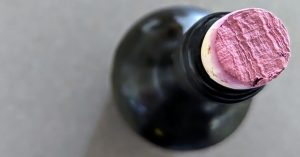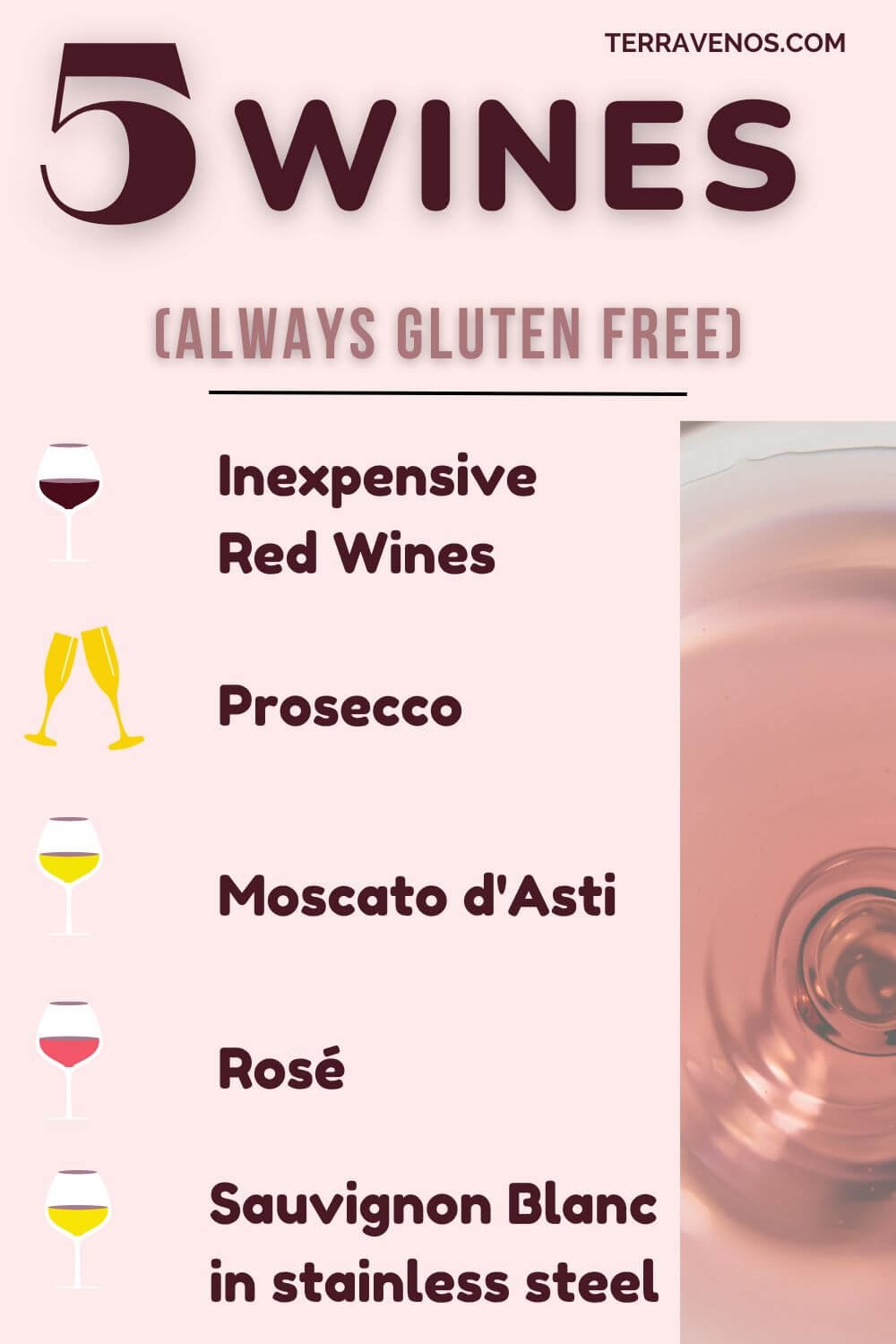
My family and I lead a gluten free lifestyle by allergy, not choice, and so anything that has to do with wine and gluten I need to know.
Wine is a naturally gluten free product, but wheat gluten can be used as a paste during the wine barrel making process. It’s unlikely that any of that gluten will get into your wine, but the Food and Drug Administration (FDA) has stated that there’s no scientifically proven methods to detect levels of gluten in your wine.
Here’s what you need to know about gluten and wine.
How Much Gluten Is in Wine?
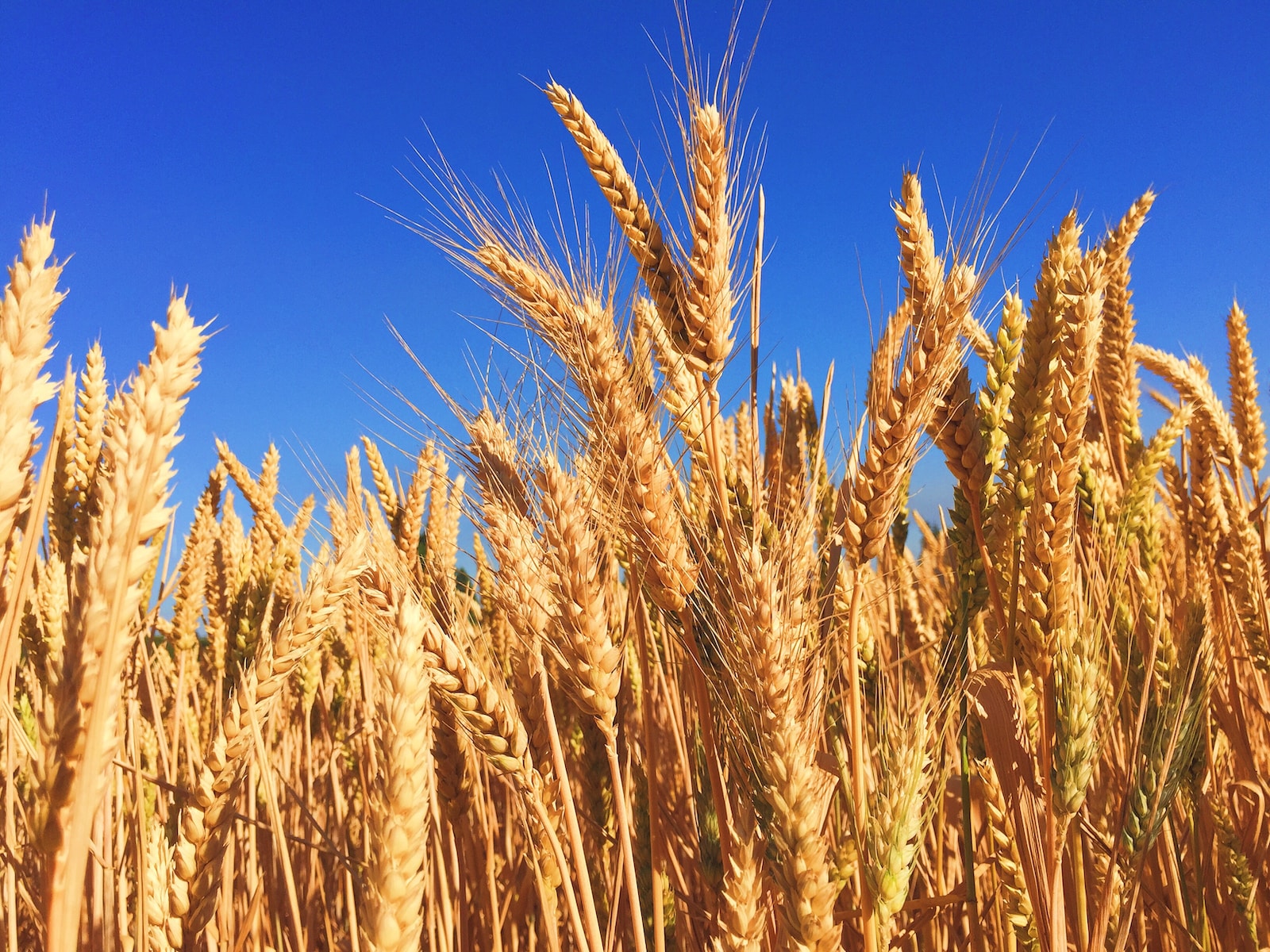
The gluten content in wine has been a subject of debate, as there are no scientifically proven methods to detect gluten levels in wine.
According to the FDA and the Alcohol and Tobacco Tax and Trade Bureau (TTB), there is currently no reliable way to measure gluten in wine. In 2014, the Alcohol and Tobacco Tax and Trade Bureau (TTB) updated its labeling laws on gluten free wine.
These regulatory bodies encourage the wine industry to develop protocols for gluten detection. While the likelihood of gluten presence in wine is low, it’s important to delve deeper into the topic to understand the intricacies of gluten and its potential presence in different wine products.
What Is Gluten?
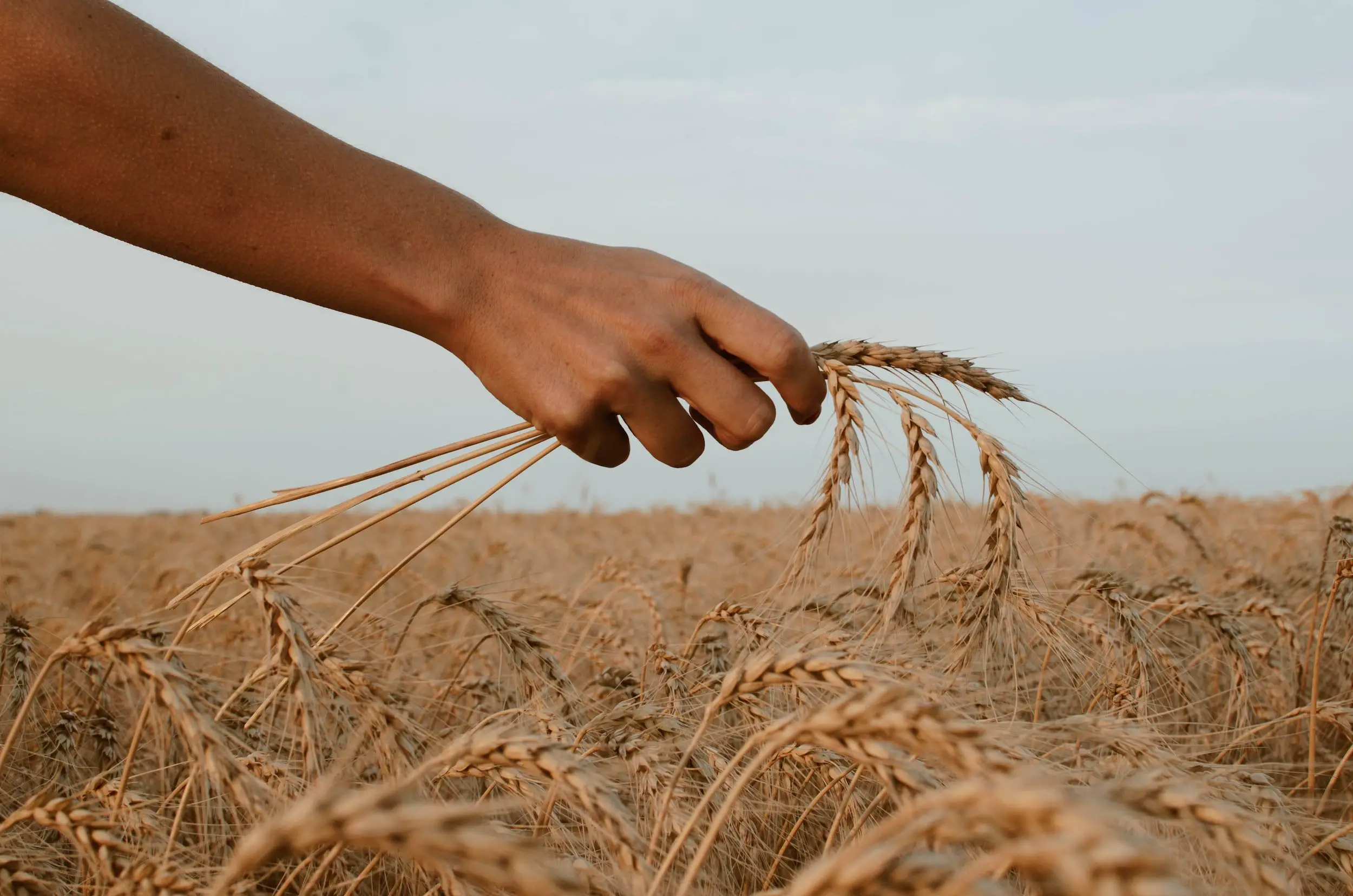
Gluten is a protein found in wheat, barley, rye, and oats. Approximately 1% of the population suffers from severe gluten allergies.
The FDA regulates the threshold for allowable amounts of gluten in food at less than 20 ppm.
The FDA does not regulate manufacturing or labeling laws for alcohol in the United States. That responsibility falls to the TTB.
Isn’t Wine Gluten Free?
Yes, wine is naturally gluten free. But some winemaking processes have the potential to introduce gluten into your wine glass (but there’s no scientific way of knowing how much.)
Why wouldn’t wines be naturally gluten free?
After all, we’re talking grapes, yeast, and a little bit of fermentation magic as the key ingredients. S
An article, Gluten Content of Wine Aged in Oak Barrels Sealed with Wheat Paste, by Tricia Thompson (2012), published on Gluten Free Watchdog, presents a study to measure detectable levels of wheat gluten protein in wine.
The article is professionally presented and seems like a reliable source of information on gluten and wine; however, a closer look uncovers some troubling assumptions.
As someone who lives a strict gluten free lifestyle, and who also admittedly loves wine, the idea of gluten free wine seems equal parts intriguing and ridiculous.
Gluten and Winemaking Processes
To understand the connection between gluten and wine, it’s essential to know how gluten can enter the winemaking process.
One possible source of gluten contamination in wine is the use of wheat paste during the barrel making process.
How Can Gluten Get Into Wine?
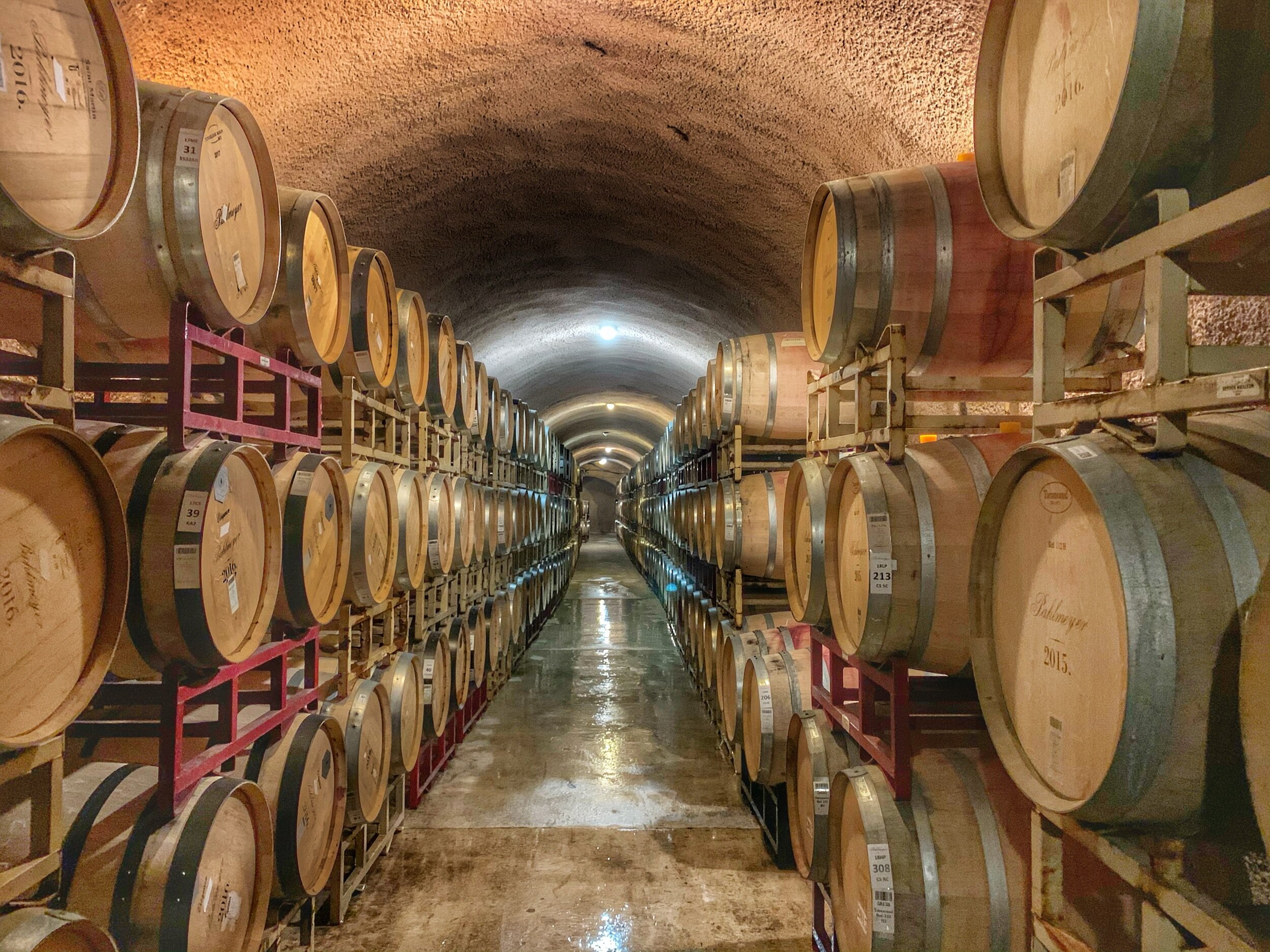
Gluten can get into wine through the barrel manufacturing process.
Some barrel makers use a wheat paste to seal the heads of the barrel (the round parts on top).
Wheatpaste is not used in making the staves, just the heads. The article explains that there is the potential for gluten cross-contamination between the barrel and the wine through the barrel heads.
Helpful Tip: Hop over to this article to explore how wine barrels work to make wine.
While possible, cross-contamination is highly unlikely because barrels go through rigorous cleaning and sanitizing protocols, but the fact that wheat paste can be used in barrel manufacturing leaves the question open to study.
The article presents an experiment to test total gluten parts per million (ppm) in two wines.
The experimental bottles consisted of two bottles, one each of Merlot and Cabernet Sauvignon; both went through extended barrel aging.
Let me repeat: 2 bottles of wine in total were used in the study. Bad science.
The researchers took the two wine bottles to a lab and used two different testing protocols available to test for wheat gluten antigens using swab tests.
Both tests came back with non-detectable gluten at less than 5 ppm and 10 ppm, the lowest thresholds for each of the respective testing protocols.
The researchers concluded that wines made in barrels sealed with wheat are safe for people with wheat allergies.
Interestingly, this article became internet gospel and gets widely cited by the vast majority of other articles published on gluten free wines.
Let’s take a step back.
I liken the methodology to dipping a single glass into the ocean and lifting it up to proclaim triumphantly: “There are no fish in the sea!”
This type of barrel sampling is a huge quality control no-no in any winery.
When winemakers want to sample wines to send to a lab and test for spoilage microbes, they have to sample from the bottom, middle, and top of the barrel.
They also need to sample from barrels in the depths of the barrel room and barrels at the top of the barrel room, not just the ones that are easy to get to on the ground floor by the door.
The methodology here is flawed.
Does this mean you should avoid barrel aged wine? Maybe, if you’re hyper-concerned about gluten (check out the resources at the end of this post for current gluten-free wine producers in the US).
What to Know about Gluten Free Wine
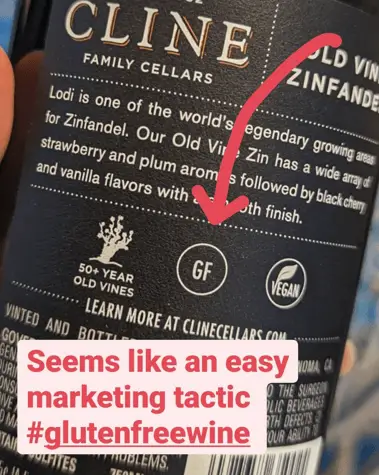
- Gluten may be used in some parts of the manufacturing process. There are finer details about winemaking and gluten that go beyond gluten free labels and marketing gimmicks. Yes, gluten may be used at certain points of the wine manufacturing process for some wines, but certainly not all wines.
- Existing research on gluten in wine was bad science.
- The likelihood of cross-contamination from a barrel head to your wine is pretty minimal. Bad science notwithstanding. The level of cleaning that barrels go through prior to use reassures me. I’m not losing sleep over it and I don’t avoid barrel-fermented or barrel-aged wines. I spoke with one of my enology professors and she actually said that some barrel manufacturers are using a non-wheat-based putty in their barrel heads, so there are alternative products out there.
- Any wines made using oak alternatives or inert vessels should take advantage of gluten free labeling. At a minimum, it will attract customers who are new to, or unfamiliar with, the gluten free lifestyle.
- The industry needs to do additional research and come up with a sound way to measure gluten in finished wines. There may not be any money in developing said testing protocol, but maybe someday.
Cleaning Oak Barrels to Remove Contaminants
Check out this video from Lelki Winery. This is what they do every time they add new wine to a barrel. Hopefully this helps you feel a little better about the chances of any gluten contamination in wine:

Gluten-Free Wine Options
While there may be concerns about gluten in certain wines, it’s essential to highlight that many wines are naturally gluten-free. Wines that do not utilize oak barrels, such as those aged in stainless steel tanks, are generally considered safe options for individuals with gluten allergies.
Additionally, wines made with alternative oak products or inert vessels can also be gluten-free.
When looking for gluten-free wine options, pay attention to keywords like “stainless steel,” “amphora,” or “cement” on the wine labels, as they indicate the absence of oak barrels in the winemaking process.
By selecting these wines, individuals following a gluten-free lifestyle can enjoy their favorite beverage without worry.
What Wines Are Always Gluten Free?
Wines that don’t use oak barrels will always be gluten free:
- Moscato d’Asti aged in stainless steel tanks? Gluten Free
- Sauvignon Blanc aged in stainless steel tanks? Gluten Free
- Inexpensive Red Wine made with oak chips instead of oak barrels? Gluten free
- Prosecco? Gluten Free
- Rose? Gluten Free
Helpful Wine Buying Tip: Always read those wine labels and look for “stainless steel” as a clue that wine won’t have come into contact with any barrels.
Exploring Gluten-Free Wine Alternatives: Innovations and Trends
As the demand for gluten-free products continues to rise, the wine industry has witnessed the emergence of innovative alternatives for individuals that have allergies (including gluten).
Winemakers are exploring various techniques and practices to ensure their products are safe and accessible to a wider consumer base.
For barrels specifically, oak alternatives, like chips, staves, and even oak dust, can be used to impart similar flavors to wine (like mocha and toast), but used with inert vessels, such as stainless steel tanks, during the winemaking process.
These alternatives eliminate any potential contact between the wine and gluten-containing substances, providing a reliable gluten-free option for wine enthusiasts.
Additionally, many large producers are more sensitive to labeling wines for those who have allergy sensitivities. By keeping abreast of these trends and exploring the expanding array of gluten-free wine alternatives, individuals can confidently enjoy their favorite beverage without compromising their dietary restrictions.
Final Thoughts – Is Wine Always Gluten Free? Pretty Much, Yes.
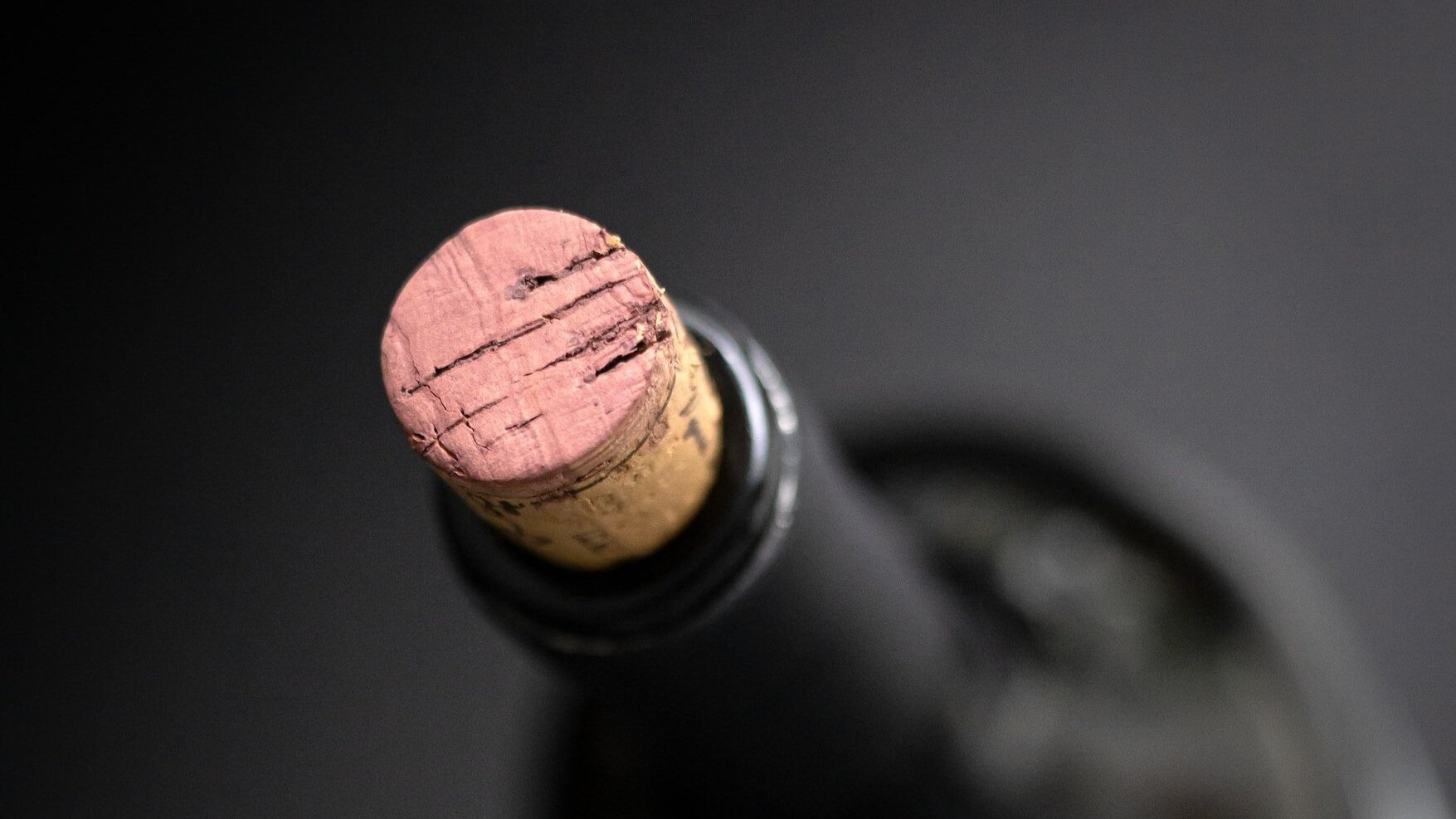
While there’s a tiny, small chance that your wine may have a trace of gluten in it, there’s no way for anyone to detect gluten in wine.
And, given the processes involved in winemaking and barrel cleaning, the chances that any trace amount of gluten ends up in your particular bottle of wine remain very, very low.
On a personal note, this isn’t something I worry about or buy wine around. I drink liberally and widely and tend to go on doing so.
Individuals with severe gluten allergies or who will feel safer only drinking gluten free wines should research producers that guarantee no gluten products were used to make their wines.
Check out the links below for current wine producers that have gluten free wines in the US.
Thirsty for More?
If you’re serious about only drinking gluten free wines, here’s my list of current gluten free wine producers in the US.
Here’s a list of current gluten free rose wines in the US.
And, for the dietary-conscious, here’s an overview of vegan wines.


